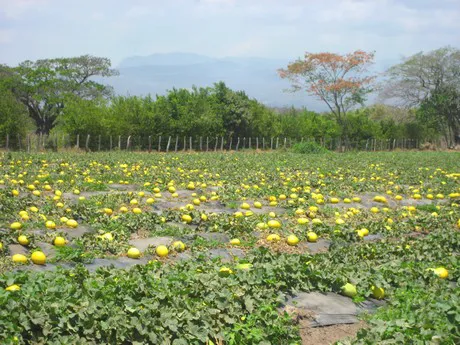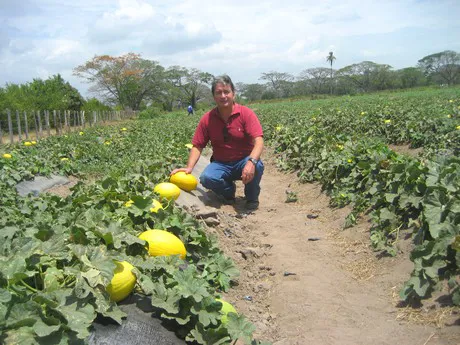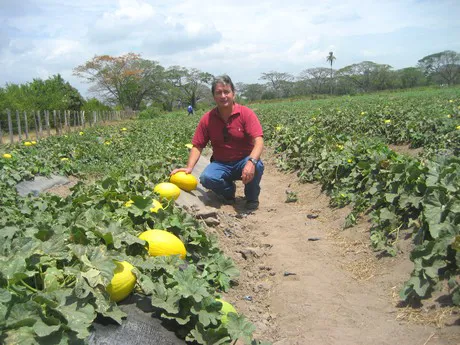
"We grow melons in different regions of the country and, even though Colombia currently produces mainly for domestic consumption, we have many fertile lands in areas that are suitable for the production of this fruit, so we could export throughout the year. The government and international NGOs are interested in supporting the agricultural sector, so we firmly believe that we'll become a country with an important export supply of fruits and vegetables in a couple of years. We hope to see a new agricultural revival," said Fernando Bernal, from Wolf & Wolf Latin America SA.


"Colombia can't compete in volumes and prices with Spain in their production period. Afterwards, however, we'll be able to take advantage of the market windows were they have no production and we'll have to be efficient to compete with other countries that export high quality fruit then, such as Brazil and Costa Rica. In addition we are getting ready to take advantage of the markets with which we have export agreements and FTA, such as Canada. Canada is a very interesting destination as they allow us to enter fruit there because our transit times are adequate, and they have attractive consumer prices, so we marketing our products there can be profitable," he concluded.
For more information:
Fernando Bernal
WOLF & WOLF LATIN AMERICA S.A.
T: + 57-310-2731873
www.wolflatinamerica.com.co
